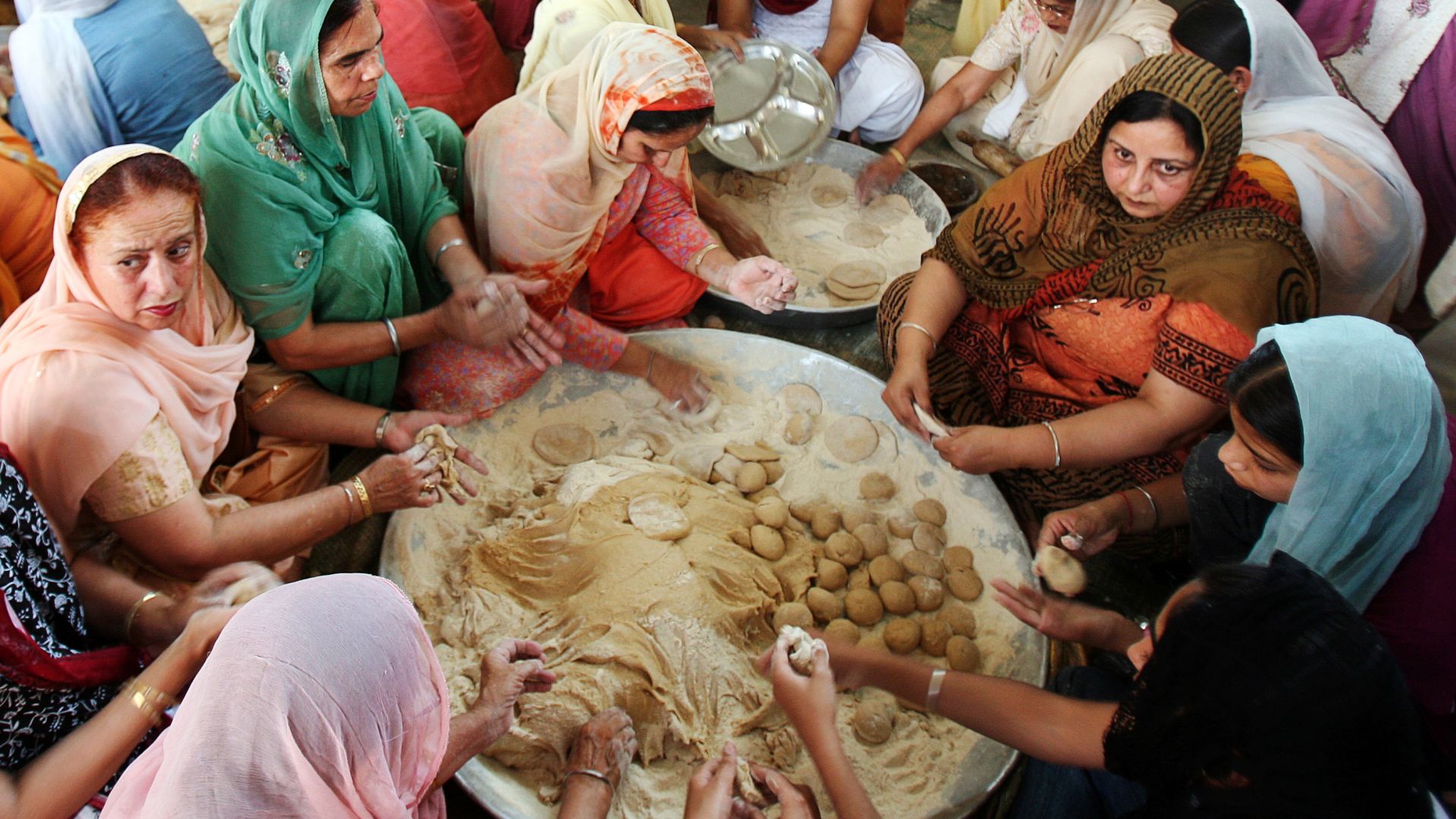No place at the table
Indian women, food, and eating

For Nina*, dal (stewed lentils) tastes like defeat, preparing it feels like a lost cause.
“Sometimes, there is ‘too much salt’, sometimes there is ‘no salt’, so much so that salting is very stressful for me,” she says, recounting the harsh words her cooking receives from her husband of 27 years.
Last month, he picked up the brass dish of dal and flung it across the room.
The idea of a woman being harassed and even assaulted by her husband in India is not as shocking as it should be and, according to a 2021 canvas by the National Family and Health Survey, about 45 percent of women and 44 percent of men surveyed felt it would be justified in one of seven circumstances.
Among the seven? Not cooking properly, which 14 percent of women and 10 percent of men surveyed thought would justify spousal abuse.
“The kitchen to me is a prison sometimes,” Nina says. “But if I am with my children, it's the warmest place where they sit with their friends, door locked, talking to me and loving each other.”
Nina’s day starts just after dawn; laundry is done, groceries readied and the house tidied before the cooking begins at about 7am. For as long as she can remember, she has made a hot breakfast for four people, but recent stress at work meant the family has had to resort to grains of cereal instead and Nina can see the resentment building.
"Food has to be made at regular intervals or he gets 'headaches' for the rest of the day, whether I am at home or not home, whether I am tired or not, after travelling or childbirth."
But food was not always a source of agony. Before marriage, Nina enjoyed cooking for others and herself. It was a ritual; no act of finding a recipe or procuring ingredients was mundane. She experimented, she reused, and she nourished. Food was something she longed to write about - how it made her and underscored the wisdom of her family.
The kitchen can be more than a place where “tradition” is guarded. Some women are remaking rituals around food as they explore their own relationships with it.